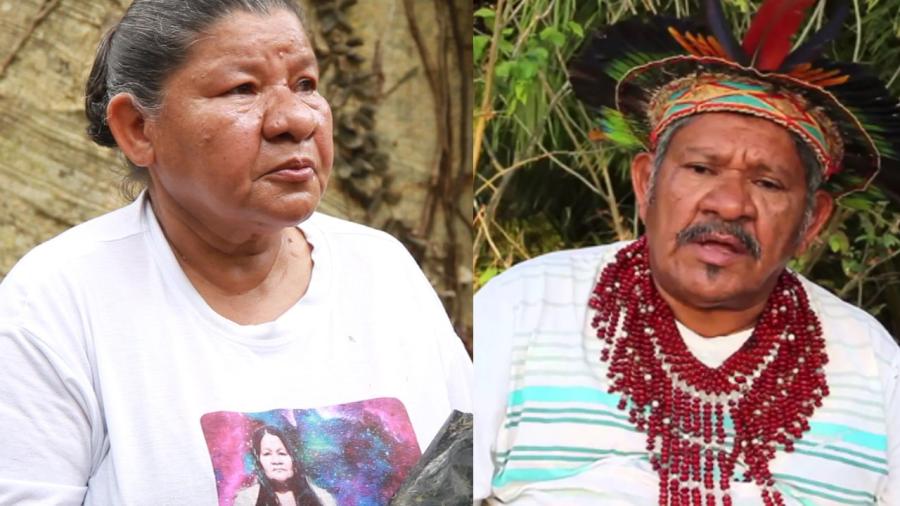Nineteen ninety-two promises to be a turning point in national and international politics. Here in the United States, a presidential campaign will take a place at a time when revolutionary changes are sweeping the international community. The quality of life for working and middle class citizens is in rapid decline. US foreign and domestic policies face unprecedented challenges in addressing pressing environmental, economic, and social agendas. The interlocking priorities of human rights, conservation, and demilitarization are reaching beyond the discourse of elites and into the everyday language of the popular press and the public.
The issues that Cultural Survival has been addressing for nearly two decades are now finding their way onto the international docket. Next June in Brazil, in addition to the UN member delegates, the largest gathering thus far of nongovernmental organizations will convene as the United Nations Conference on the Environment and Development (UNCED) considers issues of climate change, biodiversity, and the preservation of the world's forests. Maurice Strong, the secretary-general of UNCED, is taking leadership to generate an international plan of action on the critical issues of human rights, the environment, and development, including the direct participation of indigenous people. The conference will reportedly produce conventions on biodiversity and climate changes; but little on forest preservation is expected to come out of the meetings.
In addition to these conventions, UNCED will produce a set of principles in an "Earth Charter" and a more particular action agenda for the next century entitled "Agenda 21." Whether any of these inspirational or practical policy recommendations make their way into the thinking or policy actions at the national level is up to the citizens of each country.
It comes as little surprise that the US government is not taking bold and decisive leadership. The United States has thus far moved to water down documents such as that issued in the draft Charter on Environmental Rights and Obligations released by the UN Economic Commission for Europe. At a time when the Earth's carrying capacity seems to be reaching its limit, the United States opts for generalities and further studies instead of critical action.
United Nations meetings have historically produced statements and covenants without a believable system of sanctions to enforce compliance. UNCED can be an opportunity to expand public support and escalate pressure on governments. However, advocates and skeptics alike agree that the UN is not the international institution it should be. Still, UNCED is unlike other meetings in several respects. For one, NGOs can help define the public's and the media's agenda. And, if organized and coordinated, these efforts could force official action in the months and years following the Brazil meetings.
While all politics are local politics, in the 1980s all politics also became international. NGOs are now being taken seriously by many key world governments; this gives them the chance to move out from the margins of political power into a position where they could influence policy and governmental priorities. How seriously the US government takes public organizations here at home is up to environmental, human rights, and development organizations to decide. So far mobilizations around UNCED has focused mainly on networking and information gathering.
US groups can and should develop a political strategy and put forward political demands to which decision makers can be held accountable in the months and years following UNCED. Cultural Survival will be helping to develop that strategy and will facilitate bringing the agenda developed by indigenous people to official government delegates as well as the NGOs mobilizing around UNCED.
UNCED, under Maurice Strong's leadership, has made it possible for indigenous people to participate in a major international forum. However, governments and NGOs must work as equals with indigenous representatives to make their voices more than a cry in the dark. UNCED is an opportunity to transform common expressions of concern for indigenous people into a genuine working partnership for the future.
Article copyright Cultural Survival, Inc.


